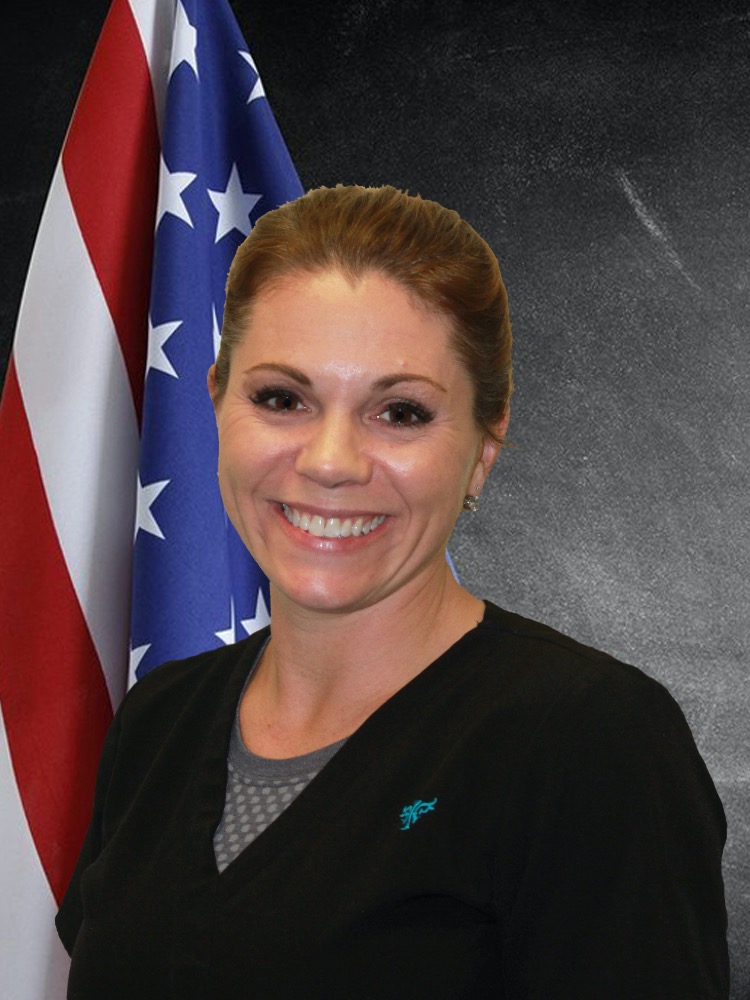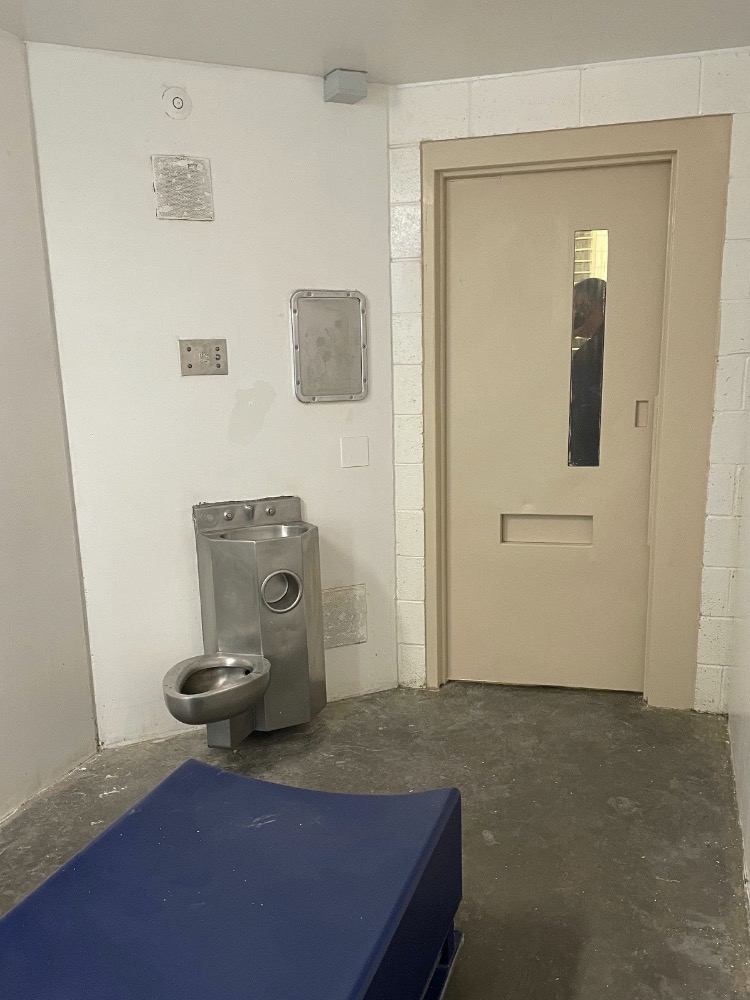Sensors will monitor vital signs for rapid changes in heart and respiratory rates
information released
The Chelan County Regional Justice Center will install new medical sensors in a dozen intake and holding cells that will monitor an incarcerated person’s vital signs, alerting staff to any rapid deteriorations in health.
The county jail is the only such facility across the state that he knows of that is installing multiple high-tech sensors, said Chris Sharp, director of the Regional Justice Center. Sharp sees the sensors as a tool in caring for a jail population that has grown sicker over the years.
“More and more, the jail is being called upon to provide a higher level of health care because of the long-term and chronic medical issues the incarcerated are coming to us with,” Sharp said. “We are providing care for people who are detoxing from fentanyl, older people with serious medical conditions and unhoused folks who don’t receive regular medical care.”
Sharp shared the following trends at the jail that point to the severity of the issue:
- About 75 percent of people booked into the jail are detoxing from drugs or alcohol and must receive advanced monitoring from staff.
- On a recent weekend, when 31 people were booked into the jail, 28 of them admitted to using drugs over the weekend.
- The jail has 24 beds designated for people needing a higher level of medical care. Typically, eight to 15 people are in those beds daily, with an average of eight to 10 people being monitored for symptoms related to detox.
- In 2022, the jail spent $159,183 on outside medical expenses, which includes dental, ambulance calls and hospital stays. In 2023, that number rose to $274,912, which was 27 percent over budget. The county has budgeted $250,000 for outside medical care in 2024.
The sensors, which are about the size of a smoke detector, are water-proof and installed on the ceiling. They can detect rapid changes in heart rates and respiratory rates.

Chris Sharp, director of the Regional Justice Center
“This is going to give us the early detection that we don’t have right now with the amount of people we have in the jail,” said Billye Tollackson, health care manager for the jail.
Tollackson oversees a staff of six full-time nurses. The jail, which has an average daily population of about 180 incarcerated people, also employs two mental health professionals.
The county purchased the sensors from Reassurance Solutions of Benton, Ky., at a cost of $73,800, which includes installation and annual maintenance. Ongoing maintenance will be about $10,000 a year. The sensors are expected to be installed by end of spring.
“It’s a sign of the times and the need to have technology available to us to try to save lives,” said Sharp, who hopes to purchase more sensors in the future. “We are trying to do the best that we can with the money and staff that we have.”

Billye Tollackson, health care manager
The purchase of the new sensors follows a decision in November by jail administration to also make Narcan, the nasal spray that treats opioid overdoses, available inside of each cell. For the last two years, it has been placed outside a cell door for staff responding to an overdose. Staff carry it on themselves as well and Narcan is offered to people when they are released from the Chelan County jail.
“Even with all the tools we have – the body and mail scanners and the narcotics-detecting canine – many people being booked into the jail are still willing to go to great extremes, hiding drugs in their bodies or even swallowing dangerous and deadly amounts,” Sharp said. “It’s an example of their addiction and the hold it has on them.”
In Washington, jail officers are not allowed to do cavity searches or use a narcotics-detecting canine to find drugs on a person. Fentanyl powder, which the jail is seeing more of, also is not easily detected on a body scanner, Sharp explained.
“Every day, we’re worried about getting to someone who is in destress quickly,” he said. “If putting Narcan in a cell saves someone’s life, then it’s the right choice.”
“We’re focused on managing those risks involved with withdrawal and drug use,” Tollackson added. “We recently added two more nurses, which after training, will give us 24-hour coverage in the jail.”
Neither Sharp nor Tollackson sees any end in sight to local opioid use trends, or the increasing medical treatment required of jail staff. For Tollackson, the new sensor technology gives her some hope.
“The sensors give me some hope that, if nothing else, we can have a better handle on any sort of rapid decline in health,” she said. “This is going to help us; this is going to help our incarcerated people.”
Photo information: The size of a smoke detector, the gray, square box installed on the ceiling of this cell is a radar sensor that can detect rapid changes in heart and respiratory rates of the person in the room.
The Chelan County Regional Justice Center will be installing 12 of the sensors in intake and holding cells at the county jail.
Please note: The photo is a stock photo provided by our vendor. The sensors will be installed at the county jail in the spring.









